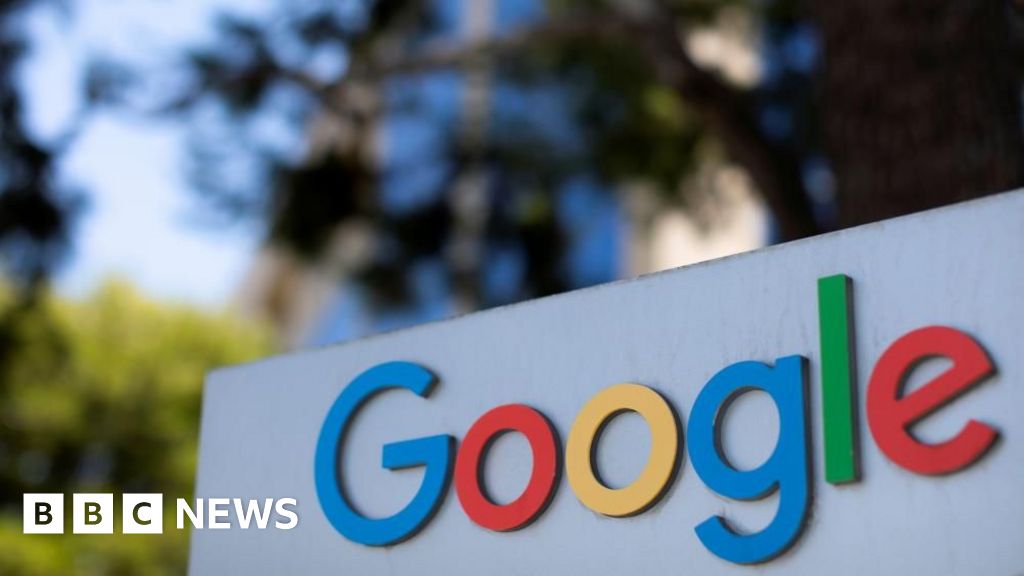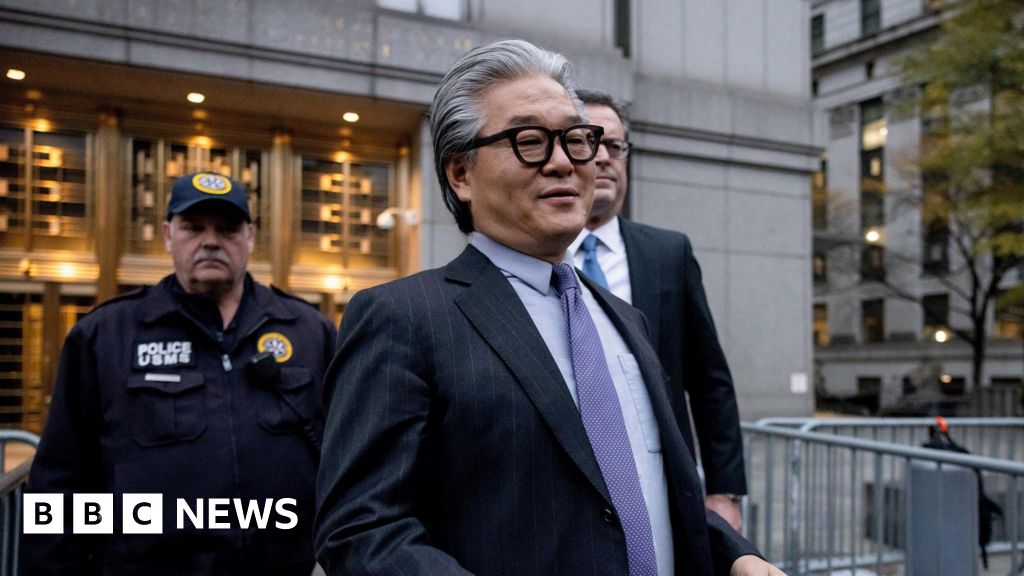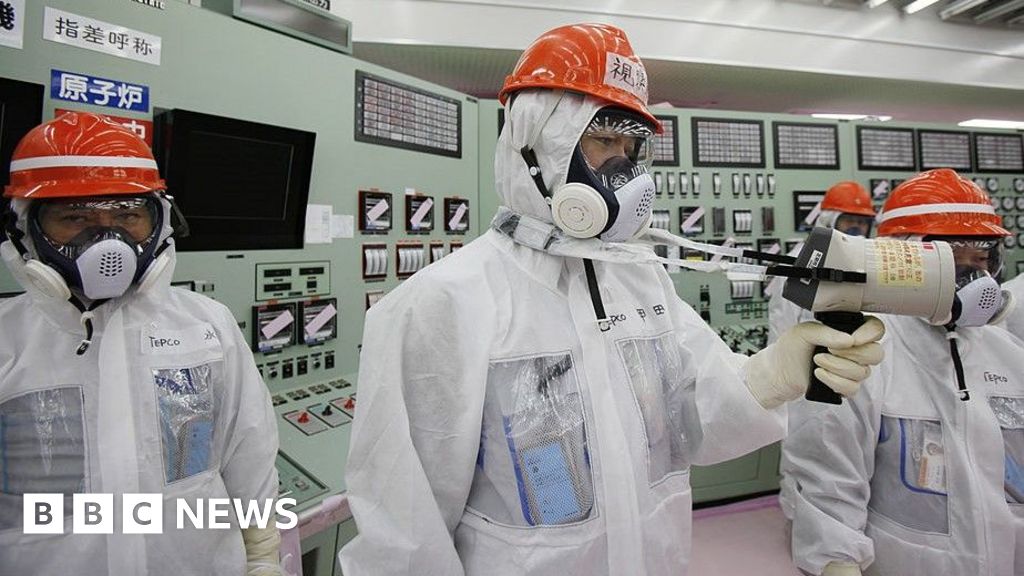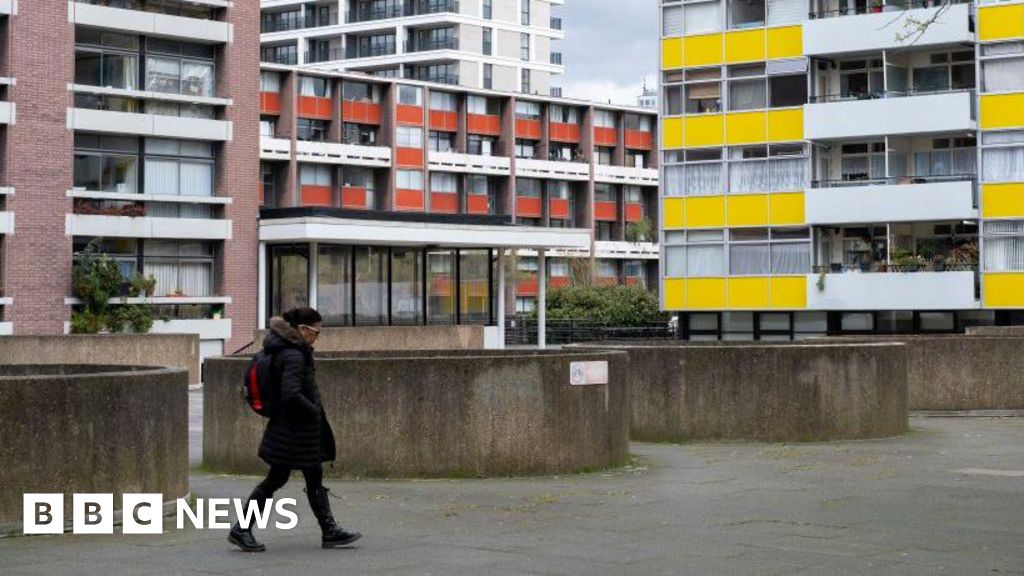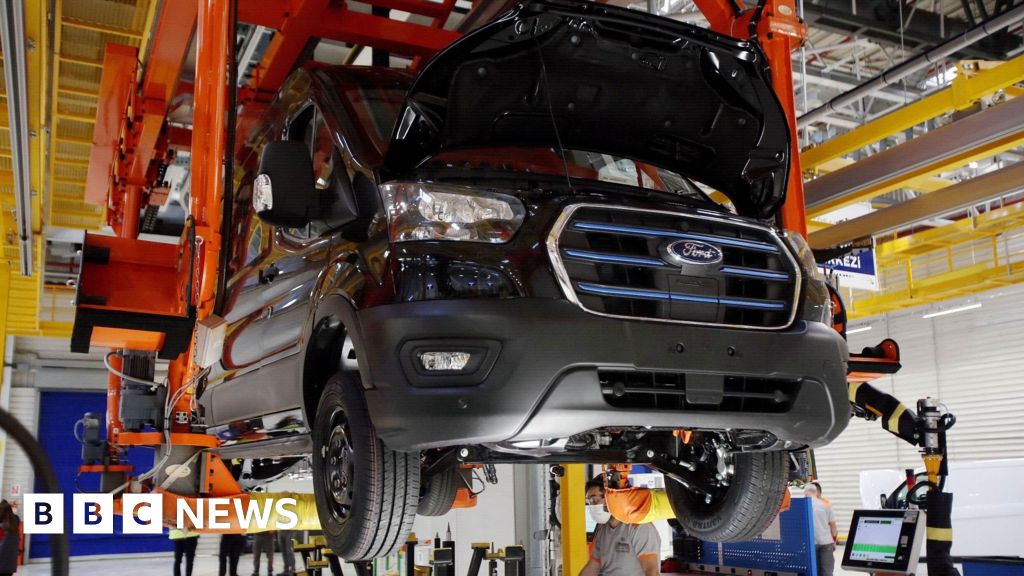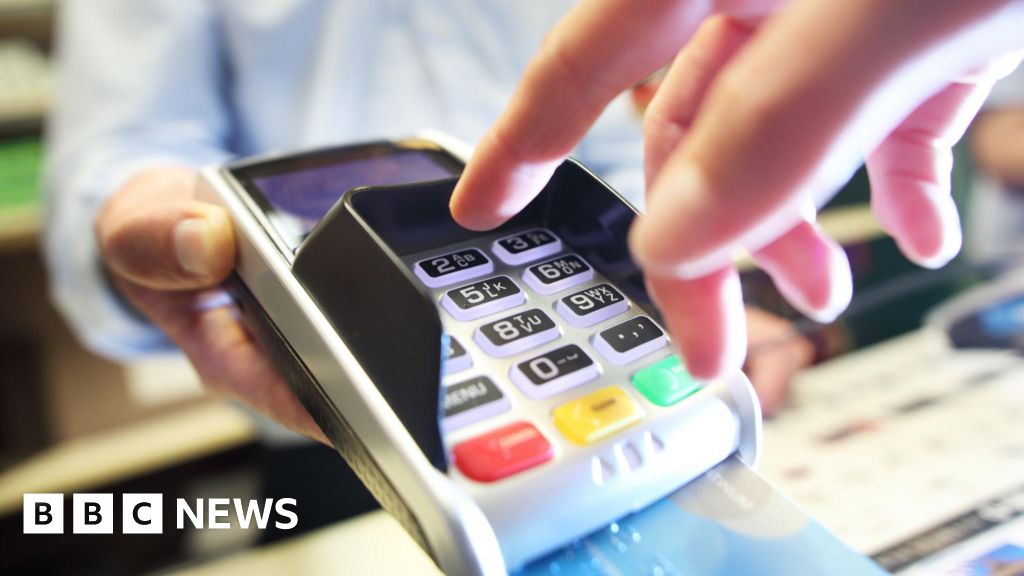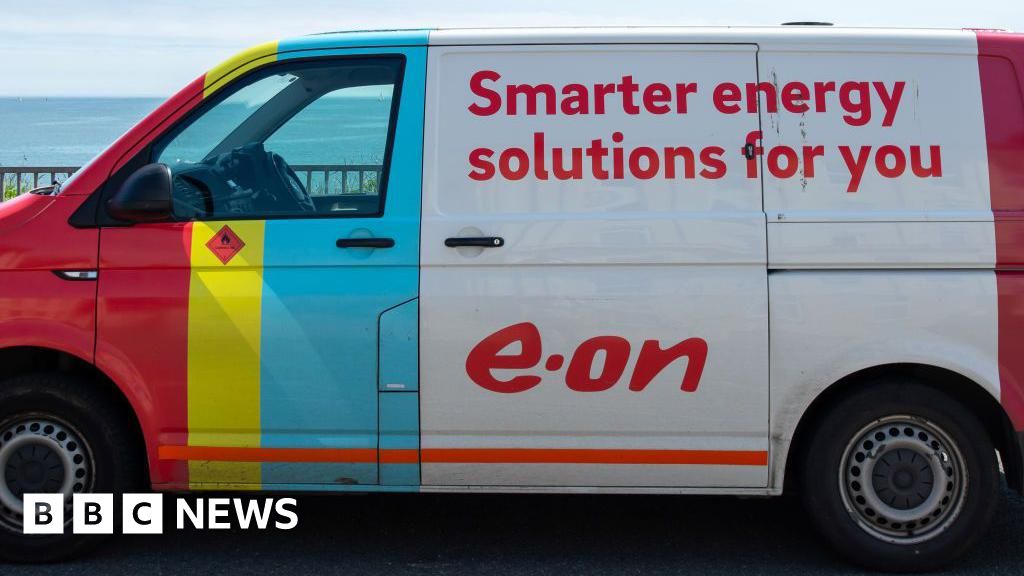Novo Nordisk has launched its weight-loss drug Wegovy in China after it was approved by local health authorities in June.
It is set to intensify competition with rival Eli Lilly, whose popular weight-loss treatment also got the green light months ago but has yet to go on sale in the world's second largest pharmaceutical market.
More than 180 million people live with obesity in China.
According to Chinese business news website Yicai, a dose of four Wegovy injections will cost 1,400 yuan (£153; $194), a fraction of the drug's price in the United States.
According to Yicai, patients in China will have to pay the full price for the treatment, as the drug has not been included in the national healthcare insurance.
Research suggests that Wegovy patients can lose more than 10% of their body weight.
In a post on Chinese app, WeChat, Novo Nordisk said its treatment "will provide a safe and effective weight loss option for overweight and obese patients in China".
Aimed at people who are severely overweight, Wegovy's active ingredient is a medicine called semaglutide, which helps control blood sugar, lowers appetite, and makes patients feel fuller. It is also the active ingredient in sister drug Ozempic, which is used to treat type 2 diabetes.
However, there can be side effects for some users, such as nausea and vomiting, and research shows that patients often put weight back on after stopping treatment.
Wegovy went on sale in the US in 2021 where a month's supply currently costs $1,349.
Fuelled by a social media buzz and celebrity users including Elon Musk, the drug has since been flying off pharmacy shelves around the world.
The UK's Medicines and Healthcare products Regulatory Agency has asked doctors to be alert for patients who may be misusing obesity injections, such as Wegovy.
It followed reports that some people who were not obese became sick, after using the jabs for weight loss.
Wegovy's popularity has turned its maker, Novo Nordisk, into Europe's most valuable company. It currently has a total market value of of more than $440bn.

 2 days ago
5
2 days ago
5

